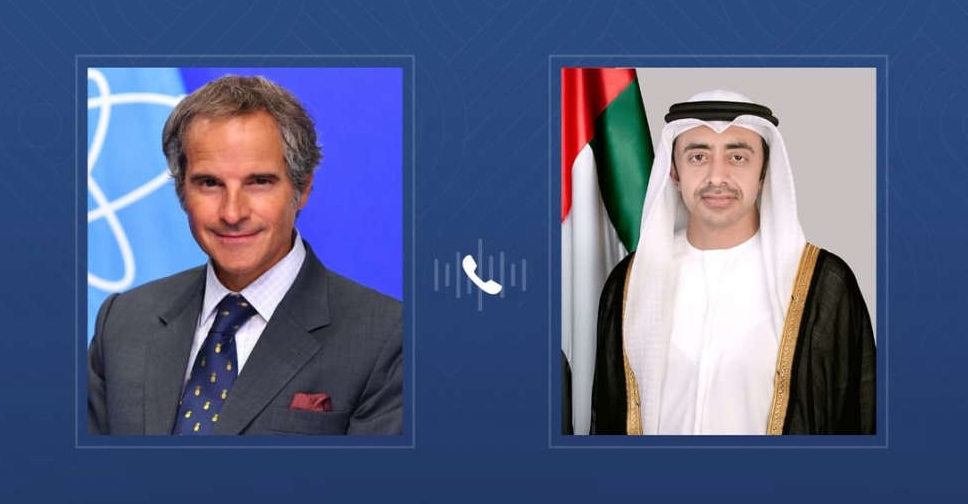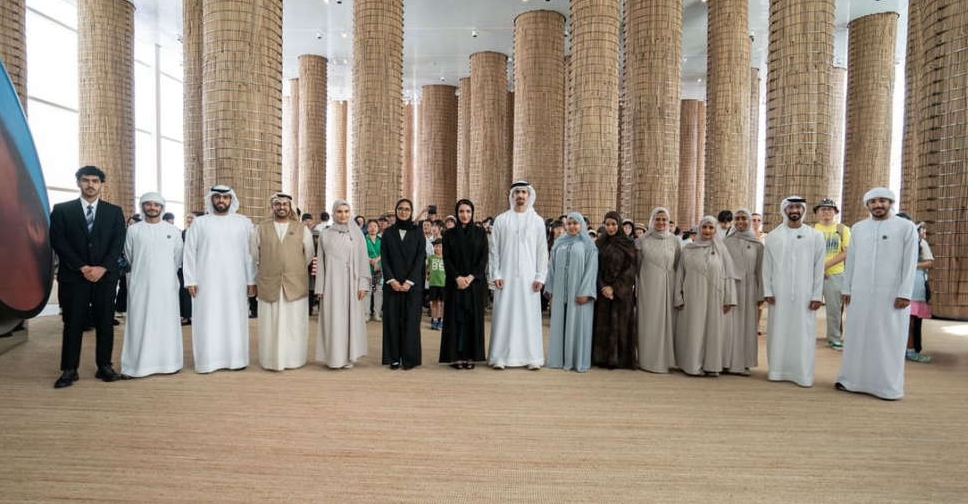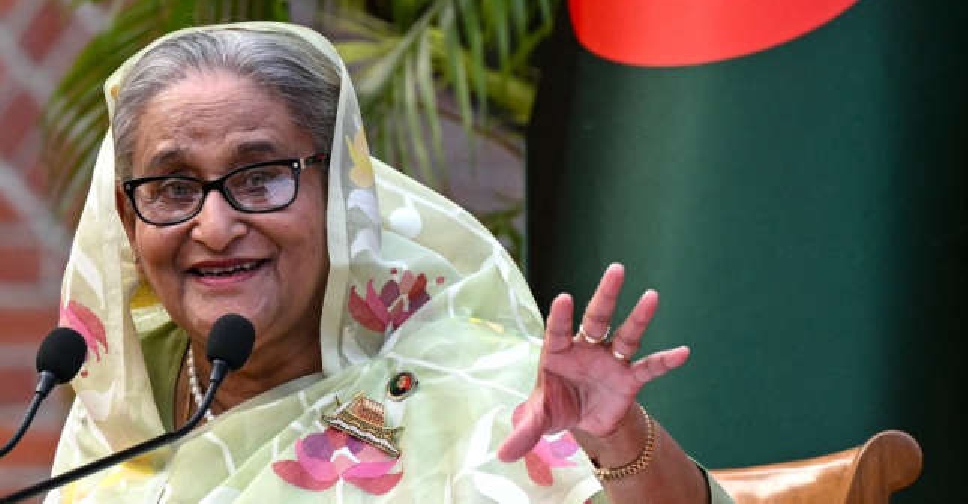
Bangladesh Prime Minister Sheikh Hasina resigned and fled the country on Monday after hundreds of people were killed in a crackdown on demonstrations that began as protests against job quotas and swelled into a movement demanding her downfall.
Jubilant, cheering crowds stormed into the opulent grounds of the presidential residence unopposed, carrying out looted furniture and TVs. One man balanced a red velvet, gilt-edged chair on his head. Another held an armful of vases.
Elsewhere in Dhaka, protesters climbed atop a statue of Hasina's father, state founder Sheikh Mujibur Rahman, and began chiselling away at the head with an axe.
The flight into exile ended a 15-year second stint in power for Hasina, who has ruled for 20 of the last 30 years as leader of the political movement inherited from her father, assassinated with most of his family in a 1975 coup.
Army chief General Waker-Uz-Zaman announced Hasina's resignation in a televised address to the nation and said an interim government would be formed. He called for peace and promised justice for those killed in weeks of unrest.
He said he had held talks with leaders of major political parties - excluding Hasina's long-ruling Awami League - and would soon meet President Mohammed Shahabuddin to discuss the way ahead.
India's ANI news agency said Hasina, 76, landed at a military airfield near Delhi. Reuters could not immediately verify this, but commercial tracking services showed a Bangladesh Air Force plane leaving the country and flying west before it disappeared.
"The country is going through a revolutionary period," said Zaman, 58, who had taken over as army chief only on June 23.
"I promise you all, we will bring justice to all the murders and injustice. We request you to have faith in the army of the country. I take full responsibility and I assure you to not get disheartened," he said.
"I request you all to be a little patient, give us some time and together we will be able to solve all the problems," Zaman added. "Please don't go back to the path of violence and please return to non-violent and peaceful ways."
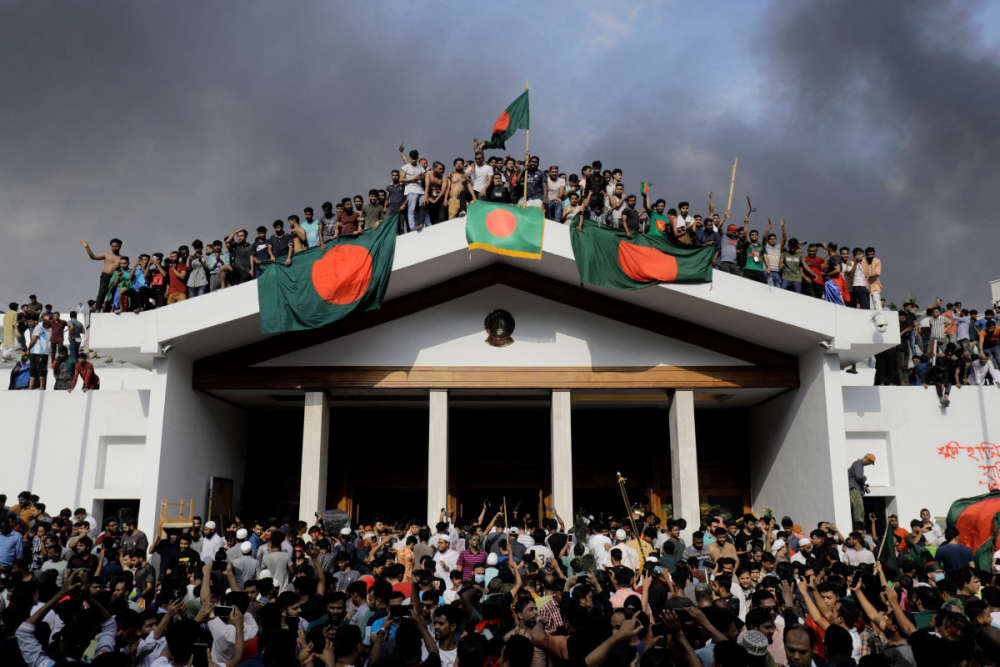
[Anti-government protestors storm Sheikh Hasina's palace in Dhaka on August 5 - KM ASAD/ AFP]
Bangladesh has been engulfed by violence since student protests last month against the quotas, which reserve some public sector jobs for veterans of Bangladesh's 1971 independence war, seen as favouring allies of the ruling party.
The protests escalated into a campaign demanding the overthrow of Hasina, and were met by a violent crackdown in which about 250 people have been killed and thousands injured.
She had won a fourth straight term only in January this year in an election boycotted by the main opposition party, the Bangladesh Nationalist Party of her nemesis Begum Khaleda Zia.
Hasina had ruled since winning a decades-long power struggle with Zia in 2009. The two women each inherited political movements from slain rulers - in Hasina's case, from her father Mujib; in Zia's case, from her husband Ziaur Rahman, who took power after Mujib's death and was himself assassinated in 1981.
"Hasina’s resignation proves the power of the people," said Tarique Rahman, the exiled eldest son of the two Zias who now serves as acting chairman of the oppposition party.
"Together, let’s rebuild Bangladesh into a democratic and developed nation, where the rights and freedoms of all people are protected," he posted on X.
Student activists had called for a march to the capital Dhaka on Monday in defiance of a nationwide curfew to press Hasina to resign after clashes across the country on Sunday killed nearly 100 people.
On Monday, at least six people were killed in clashes between police and protesters in the Jatrabari and Dhaka Medical College areas, the Daily Star newspaper reported.
Sunday's death toll, which included at least 13 policemen, was the highest for a single day from any protests in Bangladesh's recent history, surpassing the 67 deaths reported on July 19 when students took to the streets against the quotas.
Last month, at least 150 people were killed and thousands injured in violence touched off by student groups protesting against the job quotas.
The government declared the indefinite nationwide curfew starting at 6:00 pm (1200 GMT) on Sunday and also announced a three-day general holiday starting from Monday.
Over the weekend, there have been attacks, vandalism and arson targeting government buildings, offices of Hasina's Awami League party, police stations and houses of public representatives, local media reported.
Bangladesh Railway said it had suspended all services indefinitely due to the escalating violence.
Garment factories in the country, which supply apparel to some of world's top brands, have also been closed indefinitely.
The role of the country's army in tackling the violence had come into focus with a group of retired military officers urging Hasina to withdraw troops from the streets and undertake "political initiatives" to resolve the crisis.
Critics of Hasina, along with human rights groups, have accused her government of using excessive force against protesters, a charge she and her ministers deny.
Hasina had said that "those who are carrying out violence are not students but terrorists who are out to destabilise the nation".

 Trump signs order lifting sanctions on Syria, White House says
Trump signs order lifting sanctions on Syria, White House says
 Suspect in murders of four Idaho college students to plead guilty
Suspect in murders of four Idaho college students to plead guilty
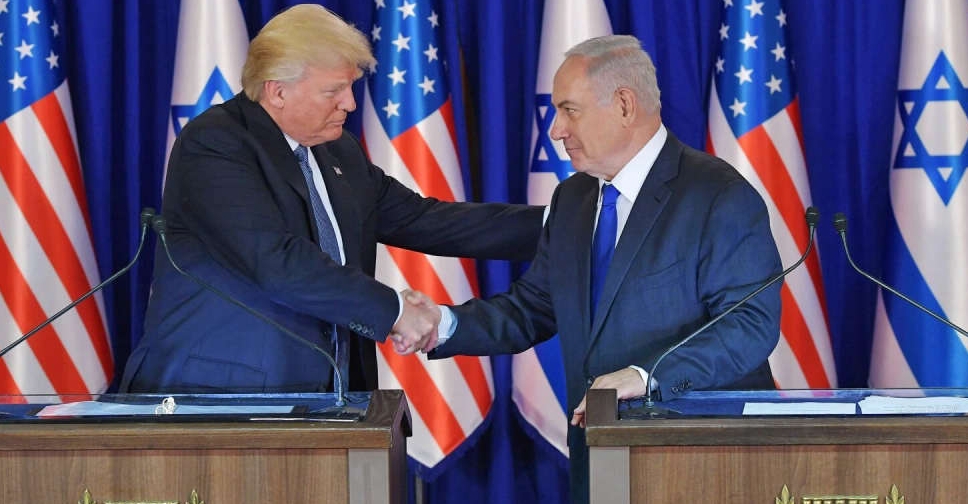 Trump to host Netanyahu at White House on July 7, US official says
Trump to host Netanyahu at White House on July 7, US official says
 Sydney flights disrupted by heavy rain and winds, flood alert raised
Sydney flights disrupted by heavy rain and winds, flood alert raised
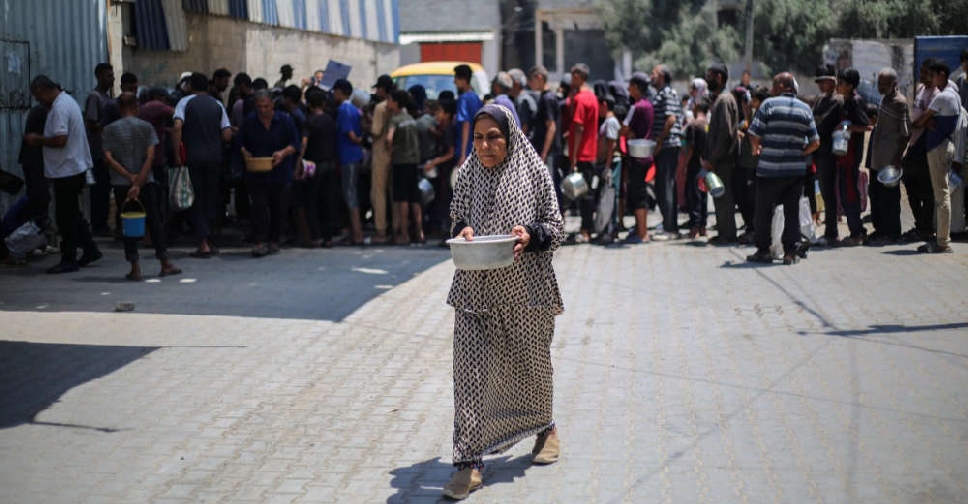 Israel acknowledges Palestinian civilians harmed at Gaza aid sites
Israel acknowledges Palestinian civilians harmed at Gaza aid sites
